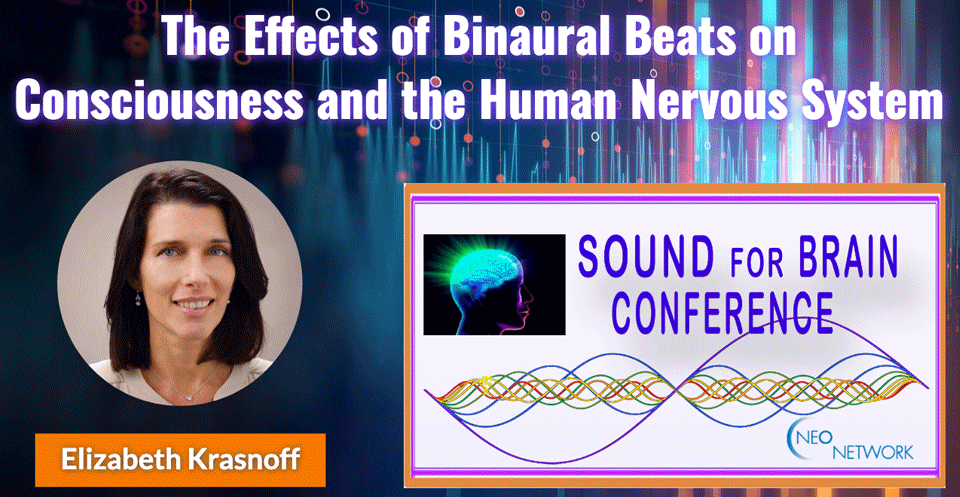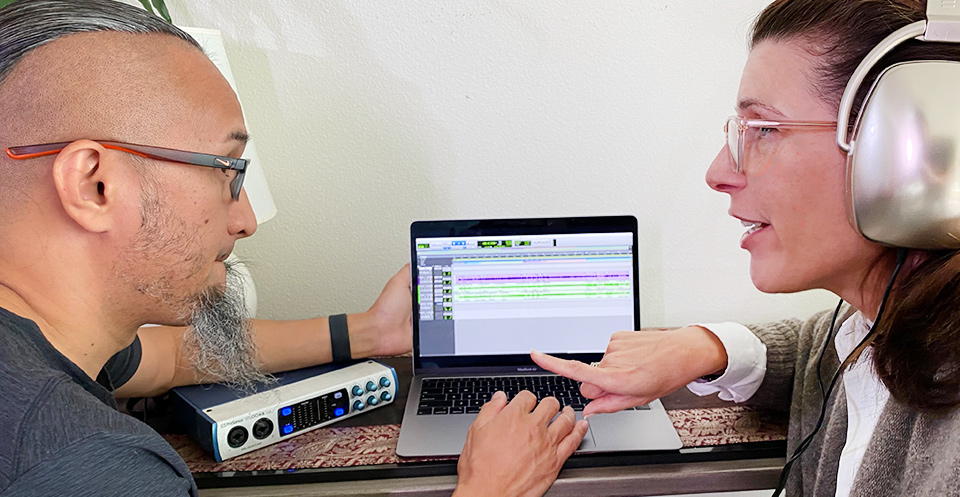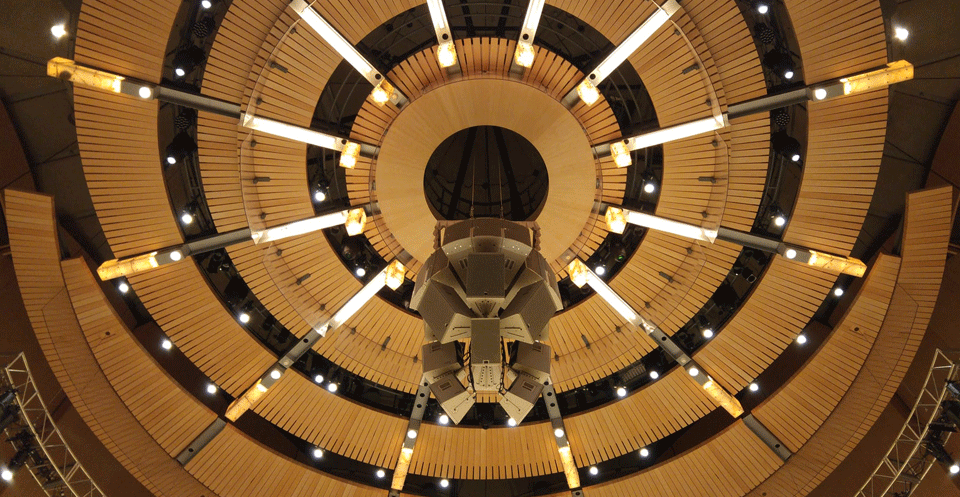Better Balance For Your Hearing-Disabled Child

Nearly 34 million children worldwide are hearing-impaired. Disabling hearing loss refers to hearing loss greater than 30 dB in the better hearing ear in children. Hearing-impaired children often have problems with balance due to damage to the structures that share control of hearing and balance. Balance is important for most activities in children’s lives as they stand still, start to move, or stop moving. Hearing loss can interfere with balance since it hinders several sensory, motor, and biomechanical systems. Research shows that the most important development in balance occurs when children are between the ages of seven and ten years.
Participation in specialized exercise programs can help your hearing-impaired child or teen to develop better balance. The programs emphasize static (standing still) training to reduce sway and dynamic (movement) training for gait to develop awareness of the body’s center of gravity. The focus is on upper limb control, coordination of movement on both sides of the body, and coordination of vision and muscle movement. Some programs teach the child or teen to substitute other skills for balance control that are lacking. The programs may also include the use of music, vibration, and games to help children and teens develop better balance.
Research shows that balance programs for hearing-impaired children and teens were more effective when participants were age 6–12 years, although participants aged 13–18 also benefitted. The greater benefits at age 6-12 were probably due to the fact that the most critical motor development occurs by age of 10. Regarding program duration, the research showed that programs lasting for 8–16 weeks were more effective than those lasting less than 8 weeks. It is possible that the shorter programs do not last long enough to promote development of new skills for long-term positive change in balance. It is important to note that the program director should be able to maintain non-verbal communication with the hearing-disabled child or teen. This research shows that enrolling your hearing-impaired child in such a specialized program may help them develop better balance.
References
Hedayatjoo, M., Rezaee, M., Zarei, M. A., Mirzakhany, N., Nazeri, A., Baghban, A. A., ... & Dezfoly, R. M. (2020). Effect of balance training on balance performance, motor coordination, and attention in children with hearing deficits. Archives of Neuroscience, 7(1).
Zhou, Y., & Qi, J. (2022). Effectiveness of interventions on improving balance in children and adolescents with hearingimpairment: A systematic review. Frontiers in Physiology, 946.











